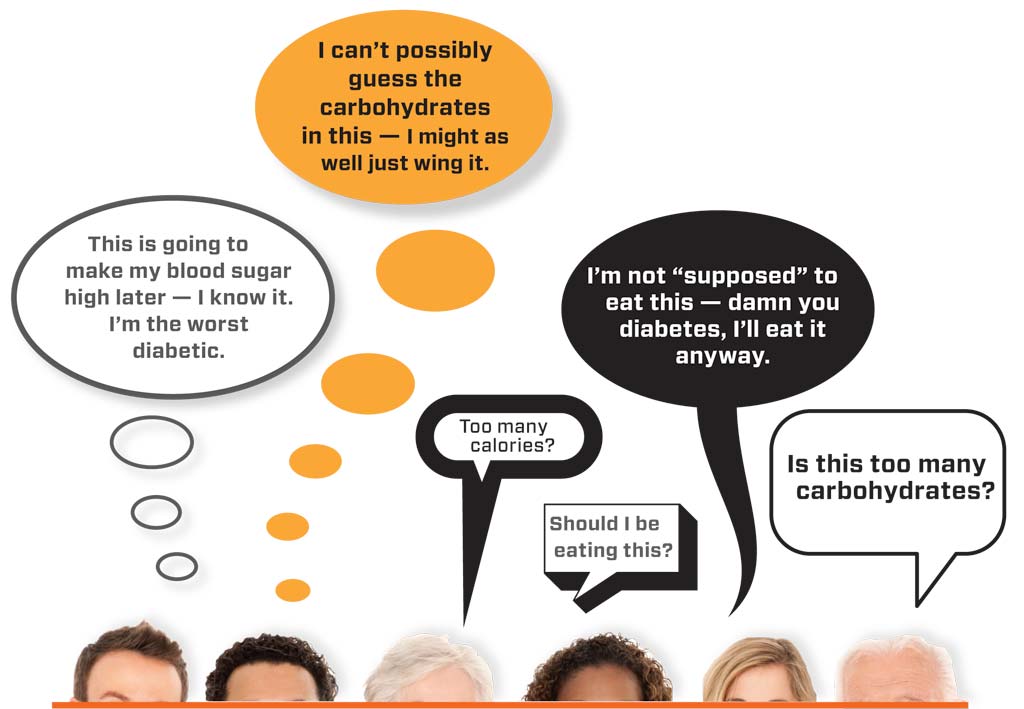The Myth of Perfect BG Control

Are you trying to be the “perfect” person with diabetes? If so, you could be setting yourself up to feel like a failure.
Why? Because there is no such thing as the perfect person with diabetes. Setting a goal to have “perfect” blood glucose control is admirable, but the concept of “perfect” blood glucose control is a myth. I’ve found in my experience as a psychologist and a certified diabetes educator that trying to achieve perfection is an unrealistic goal that can do more harm than good.
Here are some reasons why:
The concept of “perfect” control is unreasonable.
If your goal is to keep blood glucose readings perfect, then a single blood glucose reading outside your target range means failure. When you approach the idea of diabetes management with words like always and never, psychologists call that All-or-Nothing Thinking. If your performance falls short of perfect, then you see yourself as a total failure. It’s better to focus on the blood glucose readings that fall within your target range and feel good about those readings.
You are not your blood glucose number!
A blood glucose reading which falls outside your target range should not be interpreted to mean that you are defective. It’s best to accept the measurement as an informational tool of your diabetes management. Blood glucose monitoring provides you with information about your levels at the time you do the measurement. Use this information to make adjustments in food, exercise, or medications to keep your blood glucose within your target range, not to make yourself feel bad.
There are factors beyond your control.
You may have taken your medication dose as directed, counted your carbohydrates, accounted for your level of activity, but your blood glucose levels may still not be within the target range. What did you do wrong? Nothing! Blood glucose levels are multi-determined, which means many factors can influence that number. A more reasonable approach is to realize that, even with your best efforts, there are outside factors which can influence your blood glucose, such as illness or stress.
When you think about your blood glucose control, forget about trying to be “perfect.” Changing the way you think can help you redefine success and avoid diabetes burnout.







